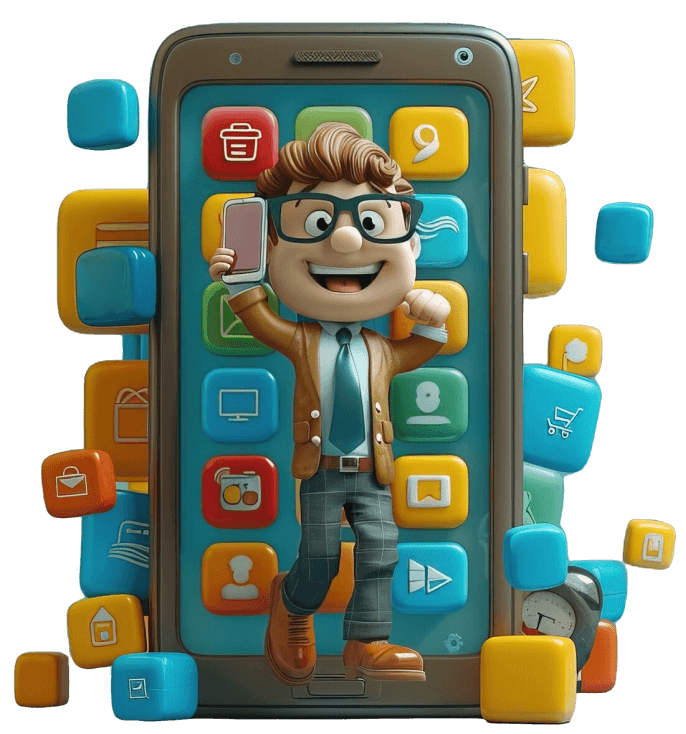Why You Should Learn Coding Early
Starting to learn coding early in college is a wise choice because assignments quickly pile up. College brings not just main courses, but also numerous side tasks that demand equal attention. Coding needs steady practice and clear thinking, something difficult when your schedule fills with papers, essays, and projects from different classes.
Early practice allows you to manage your time better and avoid stress. But if managing these tasks becomes overwhelming, it’s perfectly fine to reach out for online help. Services with top-rated writers can simplify this balance; you can request experts to write my paper for me and regain control over your workload. One excellent option is SameDayPapers, a service known for delivering timely and well-written assignments. Essay writing services support students when college demands feel too heavy, ensuring you maintain focus on developing essential skills like coding. Learning to code early also strengthens problem-solving abilities, enhances logical thinking, and increases efficiency.
These valuable skills apply broadly, beyond just tech careers. Start coding now and know you have reliable support available whenever tasks become challenging.




